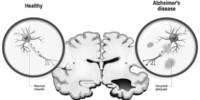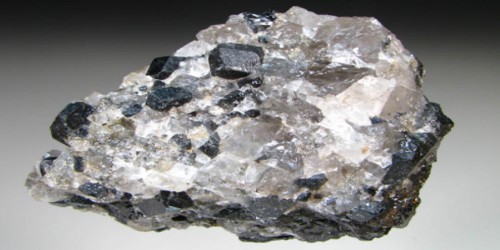According to a study published in the online issue of Neurology®Clinical Practice, an official journal of the American Academy of Neurology, those who take acid-reducing medications may be at a higher risk of migraines and other severe headaches than those who do not. Acid-reducing medications include proton pump inhibitors (omeprazole and esomeprazole), histamine H2-receptor antagonists (cimetidine and famotidine), and antacid supplements.
The study does not prove that acid-reducing medicines cause migraines; it only indicates a relationship.
Acid reflux occurs when stomach acid runs into the esophagus, typically following a meal or while lying down. People with acid reflux may develop heartburn and ulcers. People who have recurrent acid reflux may develop gastroesophageal reflux disease (GERD), which can progress to esophageal cancer.
Given the widespread use of acid-reducing drugs and their potential impact on migraine, these findings warrant further investigation. These drugs are often considered to be overprescribed, and new research has shown other risks tied to long-term use of proton pump inhibitors, such as an increased risk of dementia.
Margaret Slavin
“Given the widespread use of acid-reducing drugs and their potential impact on migraine, these findings warrant further investigation,” stated study author Margaret Slavin, PhD, RDN, of the University of Maryland in College Park. “These drugs are often considered to be overprescribed, and new research has shown other risks tied to long-term use of proton pump inhibitors, such as an increased risk of dementia.”
For the study, researchers looked at data on 11,818 people who provided information on use of acid-reducing drugs and whether they had migraine or severe headache in the past three months.
A total of 25% of participants taking proton pump inhibitors had migraine or severe headache, compared to 19% of those who were not taking the drugs. A total of 25% of those taking H2 blockers had severe headache, compared to 20% of those who were not taking those drugs. And 22% of those taking antacid supplements had severe headache, compared to 20% of those not taking antacids.

When researchers controlled for other characteristics that potentially influence migraine risk, such as age, gender, and caffeine and alcohol consumption, they discovered that those who took proton pump inhibitors were 70% more likely to have a migraine than persons who did not take them. Those taking H2 blockers were 40% more likely, whereas those taking antacids were 30% more likely.
“It’s important to note that many people do need acid-reducing medications to manage acid reflux or other conditions, and people with migraine or severe headache who are taking these drugs or supplements should talk with their doctors about whether they should continue,” Slavin stated.
Slavin highlighted that the study solely examined prescription medicines. During the study period, some of the medicines became available for non-prescription use, but their use was not considered in this investigation.
Other research have showed that persons with gastrointestinal disorders are more likely to have migraines, but Slavin believes the linkage does not fully explain the link between acid-reducing medicines and migraine found in the study. A weakness of the study was the small number of participants who took the medicines, particularly the H2 blockers.
















